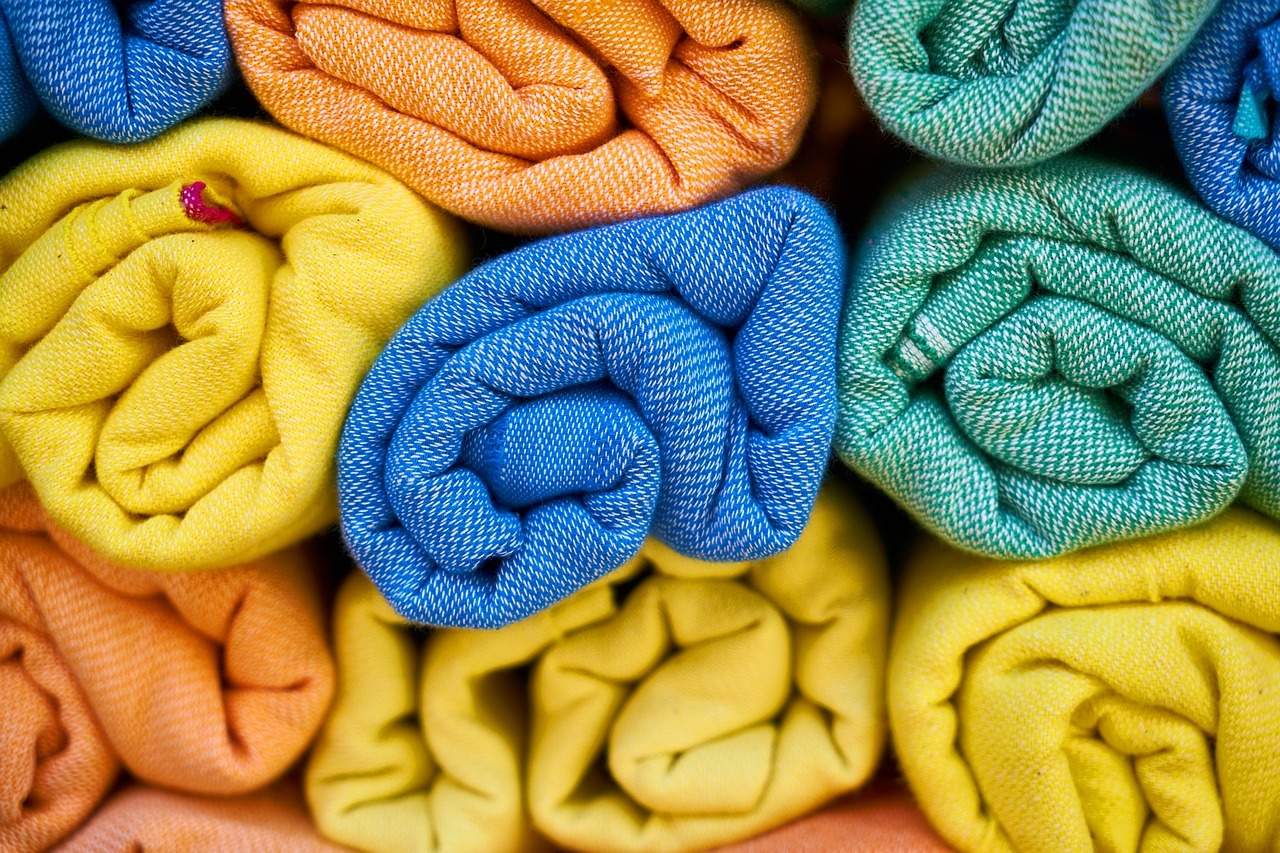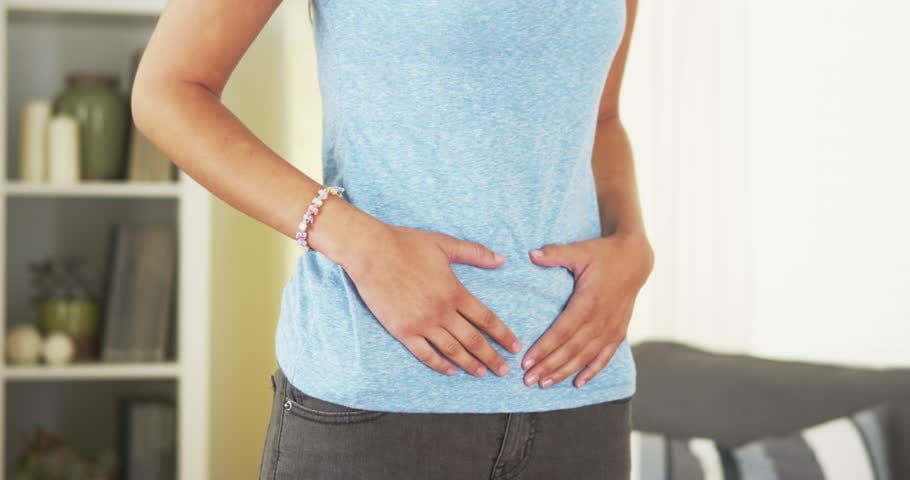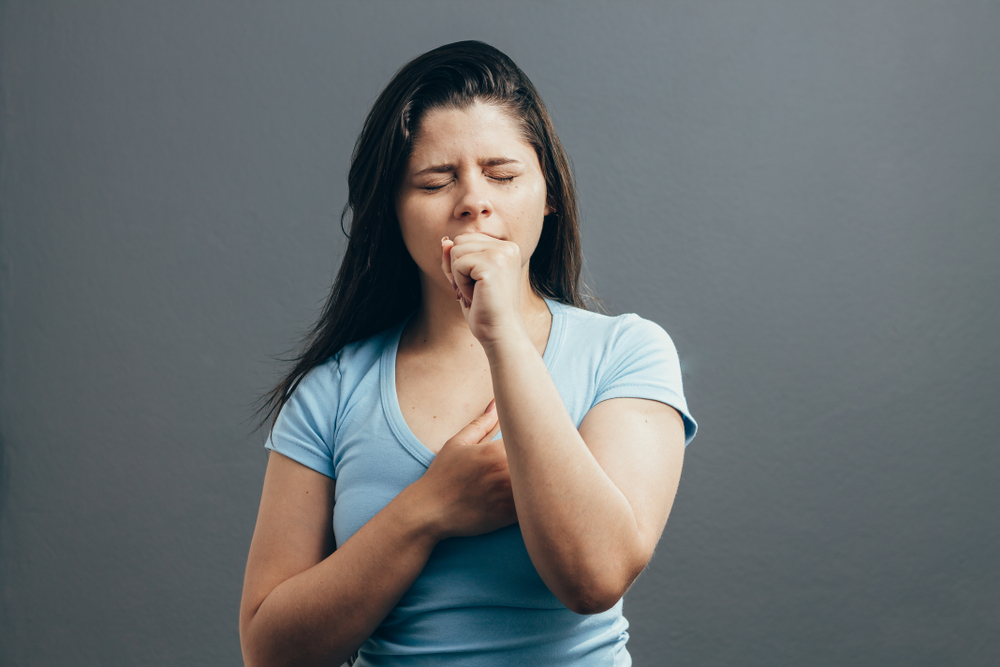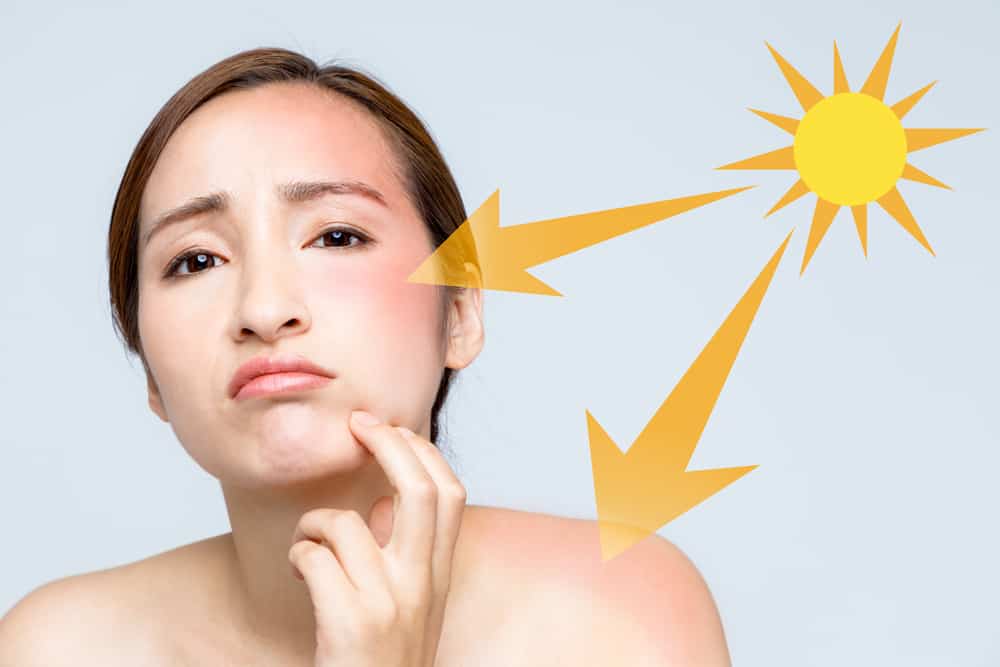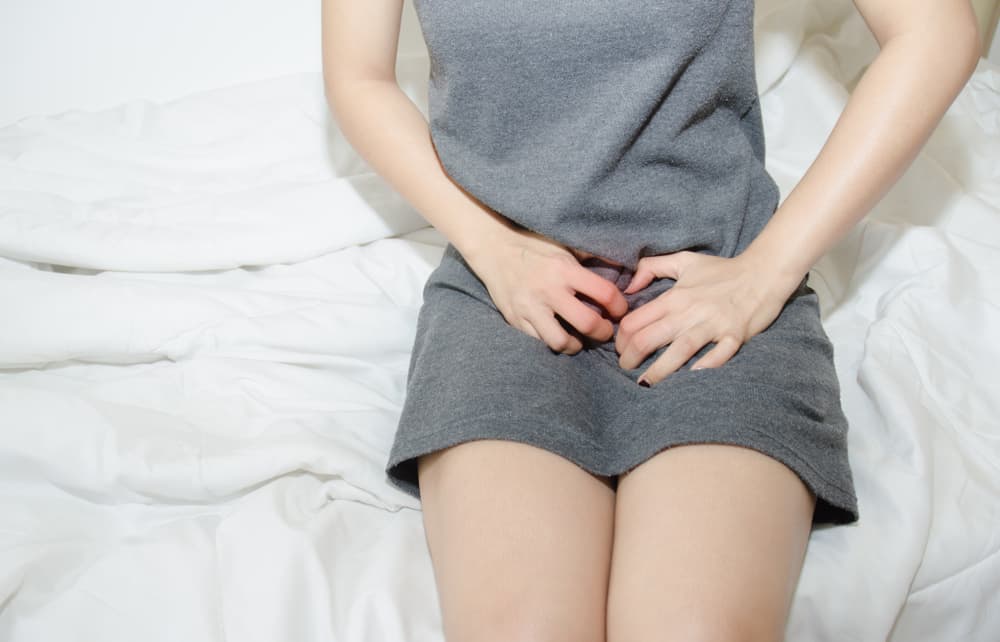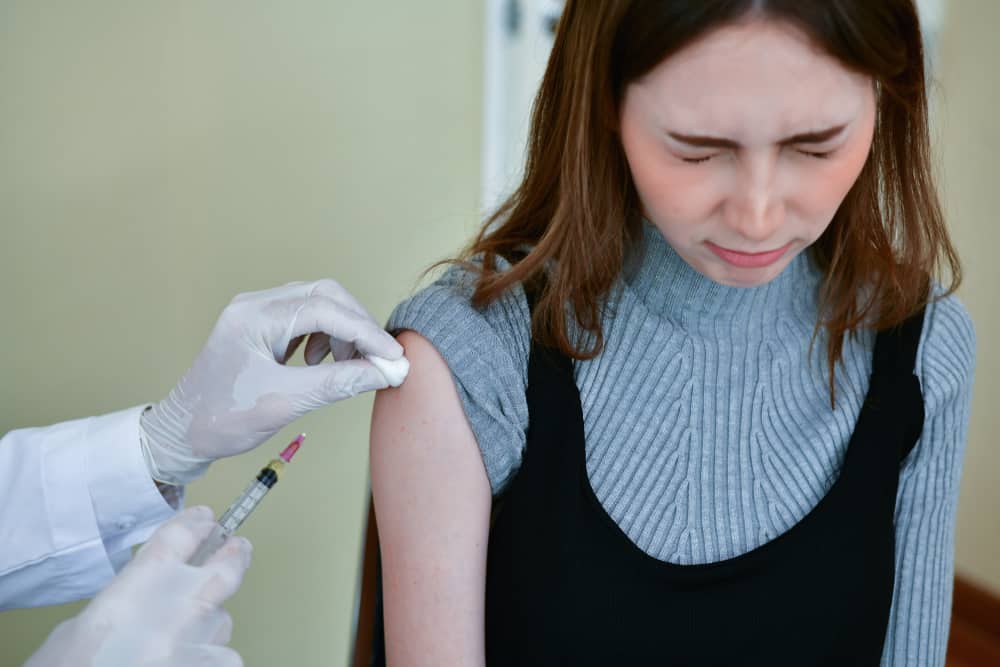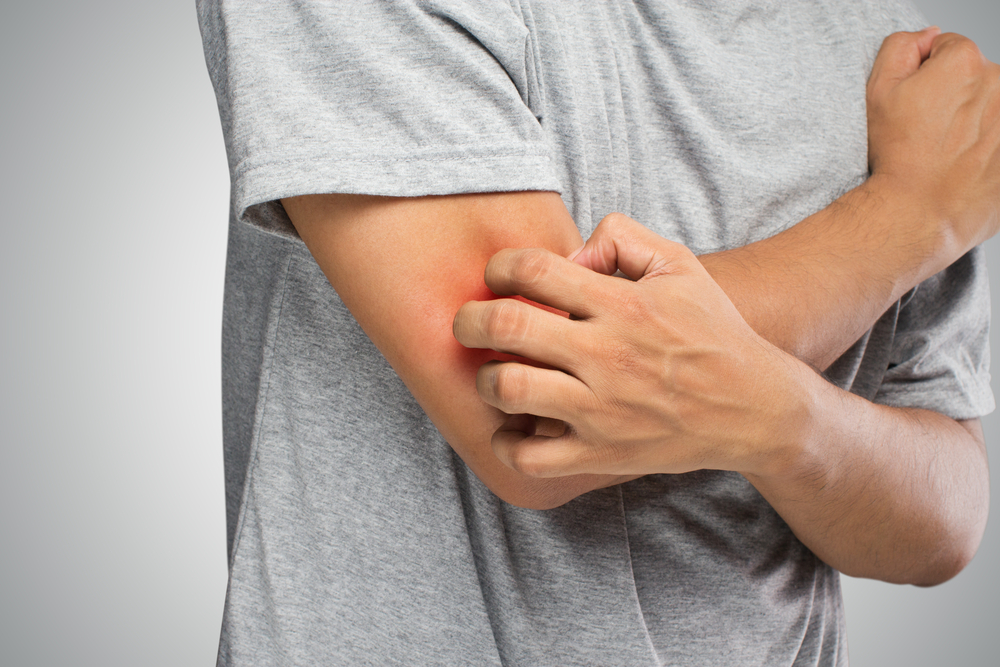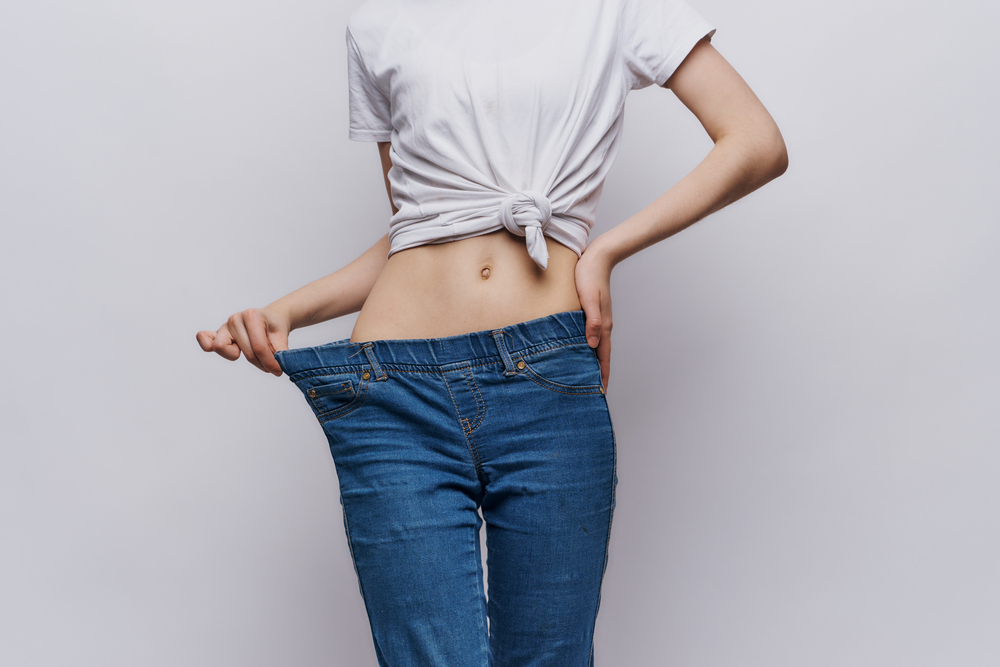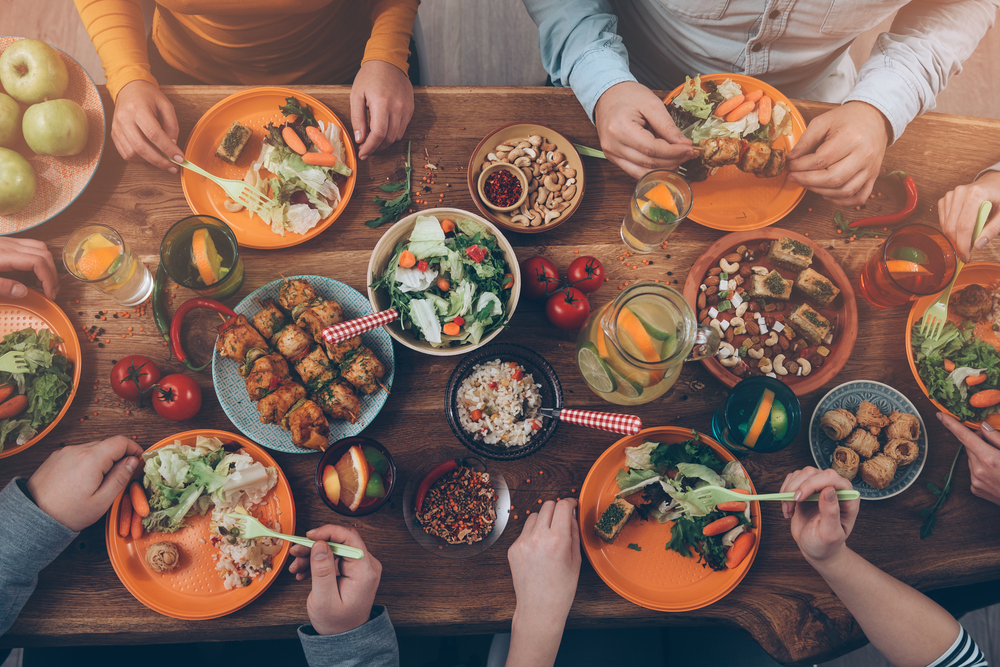Contents:
- Medical Video: 8 Things You Shouldn't Share With Your Friends or Family
- What skin diseases can arise from sharing items?
- 1. Hair lice
- 2. Scabies
- 3. Ringworm
- 4. Athlete's foot
- 5. Molluscum contagiosum
- 6. Methicillin-resistant Staphylococcus aureus
- Tips for avoiding skin diseases
- Washing hands
- Always keep yourself clean
- Cover your wound
Medical Video: 8 Things You Shouldn't Share With Your Friends or Family
Many of us may be used to sharing personal items, can be with relatives, friends, or even people you don't know, including items that are used in public places. These personal items can be towels, clothes, shoes, and other objects used in the body.
You should limit your habit of using personal items from now on. Why? Because this can cause you to contract various skin diseases that don't know where they come from.
What skin diseases can arise from sharing items?
Some skin diseases can be caused by the use of personal items together, are:
1. Hair lice
Head lice are small insects that live on the scalp and hair. Adult hair lice lay eggs on the hair roots where they become tightly attached. Head lice may not be visible, but eggs can be seen sticking to the hair. Head lice can be transmitted through sharing personal items, such as hats, combs, beds or clothing. Head lice cannot jump or fly. It is best to keep your hair healthy by washing it regularly to avoid developing head lice.
2. Scabies
Scabies is an infection of the skin caused by mites, namely small insects from the spider's family. Mites can move because of direct contact with an infected person. Mites can live only a few days in the body and cannot jump or fly. The signs of scabies are the appearance of a rash and are very itchy, usually at night. In children, a rash usually appears on the head, neck, palms, soles of the feet, and between fingers.
3. Ringworm
Ringworm is a fungal infection of the skin. Ringworm can be transmitted through direct contact with infected skin or contaminated objects, such as animals, towels, blankets, clothing, beds, and others. Ringworm on the scalp can cause hair loss and even baldness.
4. Athlete's foot
Athlete's foot is a skin inflammation that usually occurs on the thumb or soles of the feet. Athlete's foot can cause itchy feet, burning, and pain. This skin disease can be transmitted through the use of footwear alternately. To prevent this disease from happening, you should always keep your feet dry using socks when wearing shoes.
5. Molluscum contagiosum
Molluscum contagiosum is a skin infection caused by a virus. This virus produces benign lesions or lumps that appear on the surface of the skin. The small lumps that are produced usually cause no pain and over time will disappear on their own without leaving a mark. The molluscum contagiosum virus spreads through skin contact with an infected person or through contact with contaminated objects, such as towels, clothing, and sports equipment. Small children aged 1 to 10 years are easy to catch the virus, especially if they have a weak immune system.
6. Methicillin-resistant Staphylococcus aureus
Methicillin-resistant Staphylococcus aureus or commonly abbreviated as MRSA is a type of bacteria that is very resistant to antibiotics. MRSA is very easily transmitted to people who have a weak immune system. MRSA is a skin infection that looks like a pimple, boil or wound. Infection can cause pain, redness, swelling, and possibly suppuration. If not treated immediately, it can develop into a more serious disease. MRSA can be transmitted through skin contact with infected people and can also be transmitted through contact with contaminated surfaces, such as objects that are used together.
Tips for avoiding skin diseases
That's why we should avoid sharing personal items. Personal hygiene must be prioritized to be able to prevent various diseases, especially skin diseases. In addition to avoiding the use of personal items together, another thing that must be done to avoid skin diseases is:
Washing hands
It's easy to do but rarely practiced by us. Without realizing it, maybe we have been in contact with objects contaminated with various kinds of germs. To kill these germs, you should wash your hands with water and soap. By washing hands, the risk of spreading germs can be reduced. In addition to washing hands before and after meals, you should also wash your hands after using the restroom, visiting people who are infectious, outside the room and after contact with animals.
Although hand sanitizer widely used as an alternative to hand washing lately, but it contains chemicals that can irritate the skin and make the skin dry. You can use hand sanitizer if indeed there is no other choice for hand washing.
Always keep yourself clean
By maintaining personal hygiene, that means we also prevent ourselves from various diseases. Personal hygiene in question is like bathing twice a day regularly, washing your hair regularly, cutting your nails, wearing clothes that have been washed before, maintaining personal hygiene, and other things that can be done as an effort to maintain personal hygiene.
Cover your wound
If you have a wound, you should cover it with a dry bandage until it heals. Don't forget to always change the bandage, you should follow the doctor's instructions to treat the wound properly. Also avoid contact with wounds or other people's roles.
READ ALSO:
- Knowing Leprosy, Leprosy, a Disease Often Detected
- 7 These Things Are Grosser Than Public Toilets
- 6 Things You Can Not Lend, For Health

